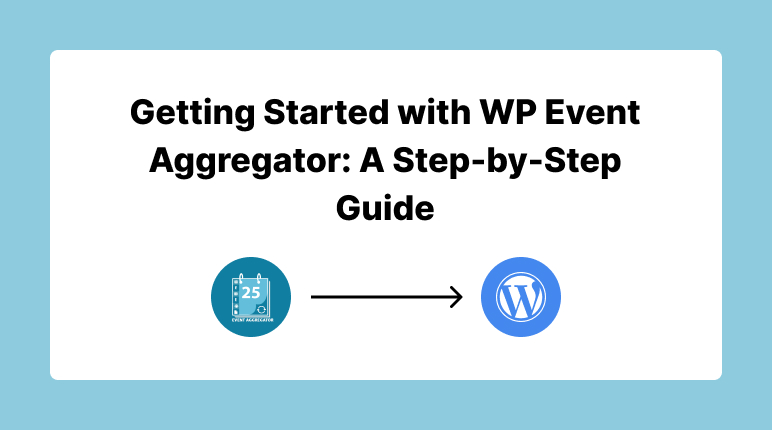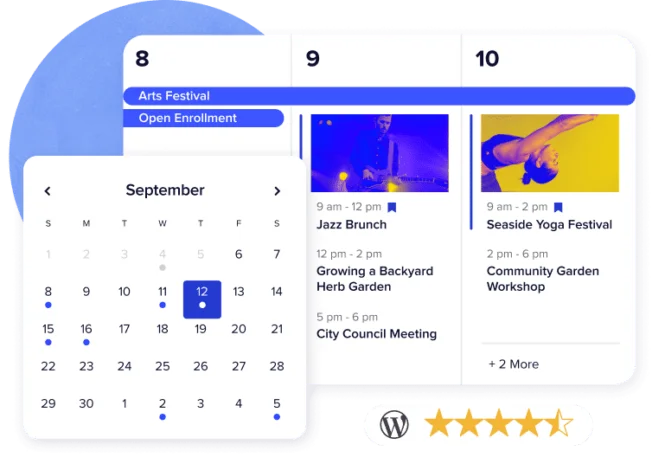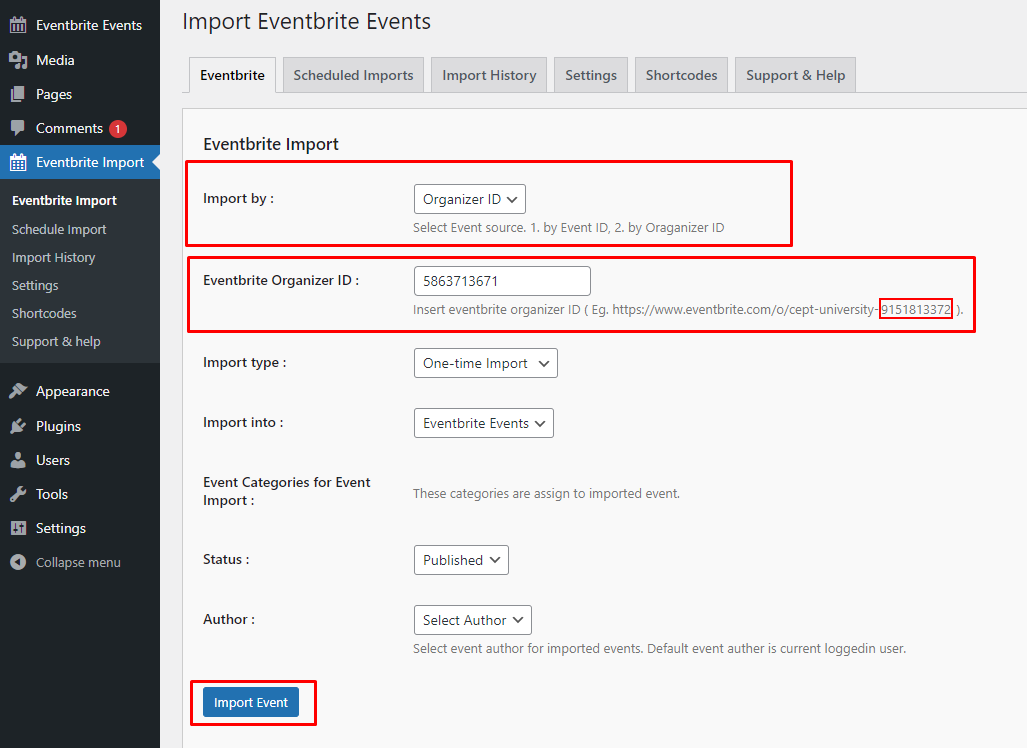
How to Automatically Import Events from Eventbrite, Google, Meetup & Facebook into Your WordPress Calendar

WP Event Aggregator
Image Source: WP Event Aggregator
If you’re building an event directory or community calendar on WordPress, one of the biggest challenges is keeping it filled with up-to-date, relevant events—without spending hours manually copying listings.
With the WP Event Aggregator plugin, you can automatically import events from Eventbrite, Google Calendar, Meetup, and even Facebook, then display them in a unified calendar using your favorite event plugin like The Events Calendar, Events Manager, or All-in-One Event Calendar.
In this post, we’ll answer some of the most common pre-purchase questions and walk you through how WP Event Aggregator works.
✅ Can I Display Events from All Sources in One Unified Calendar?
Yes! One of the best features of WP Event Aggregator is that it lets you combine events from multiple sources into a single, date-sorted calendar view.
Unlike some demos that group events by source, your calendar can show:
- Today’s events from Eventbrite, Google, Meetup, and Facebook
- Then tomorrow’s events from any source
- And so on…
You have full control over how events are displayed.
Example of a unified calendar view with events from multiple sources.
🔌 What Plugins Do I Need?
To aggregate and display events from different platforms, you need:
- ✅ WP Event Aggregator – This is the core importer plugin.
- ✅ Any compatible event calendar plugin, such as:
Choose the calendar plugin that best fits your design preferences and feature requirements. WP Event Aggregator integrates with all of them.
🔁 What Event Data Gets Imported?
WP Event Aggregator imports all key event details from your sources:
- Title
- Description
- Categories & Tags
- Start/End Time & Date
- Location
- Latitude and Longitude (if available)
This data is formatted correctly for your calendar plugin, so all native features—like search, filtering, and radius-based location search—will work out of the box.
If your calendar plugin supports filtering by tags, venue search, or event categories, those features will apply to imported events too.
🔄 Can the Import Be Fully Automated?
Absolutely. You can schedule automatic imports from each event source, including:
- Google Calendar
- Meetup
- Eventbrite
Automated import settings for WP Event Aggregator
You can set imports to run:
- Hourly
- Twice a day
- Daily
- Weekly
No manual work is needed once it’s set up.
⚖️ Is It Legal to Import Events from Other Platforms?
This is a great question. While WP Event Aggregator simply imports publicly available or feed-based data, you should always follow the terms of service of the platforms you’re pulling events from.
General guidelines:
- ✅ Use public or API-approved feeds
- ✅ Give attribution when required
- 🚫 Don’t claim ownership or resell the content without permission
If you’re unsure about compliance, consult a legal advisor—especially if you’re running a commercial directory.
💾 Will 500 Events Slow Down My Website?
Not likely. Events are stored as WordPress custom post types with metadata, so they don’t take up much space.
With a setup like:
- 4 GB RAM
- 60 GB Disk
- 2 CPU Cores
- 4 TB Bandwidth
You should comfortably handle 500+ events—unless you’re also running heavy plugins or high-traffic features.
🧹 How Do I Remove Expired Events?
Expired events can be automatically cleaned up using:
- Built-in tools (depending on your calendar plugin)
- Scheduled clean-up scripts
- Third-party plugins like WP Crontrol or custom cron jobs
No need for manual bulk deletion.
🧠 Final Thoughts
If you want to run a local events hub, community guide, or niche directory, WP Event Aggregator is the automation engine you need.
- ✅ Combine multiple event sources in one calendar
- ✅ Fully automate imports
- ✅ Compatible with your favorite calendar plugin
- ✅ Works with Facebook, Meetup, Eventbrite, and Google
👉 Get WP Event Aggregator Today
Need help getting started?
Feel free to contact our support team or leave a comment below—we’d love to help you build the perfect automated event calendar.


